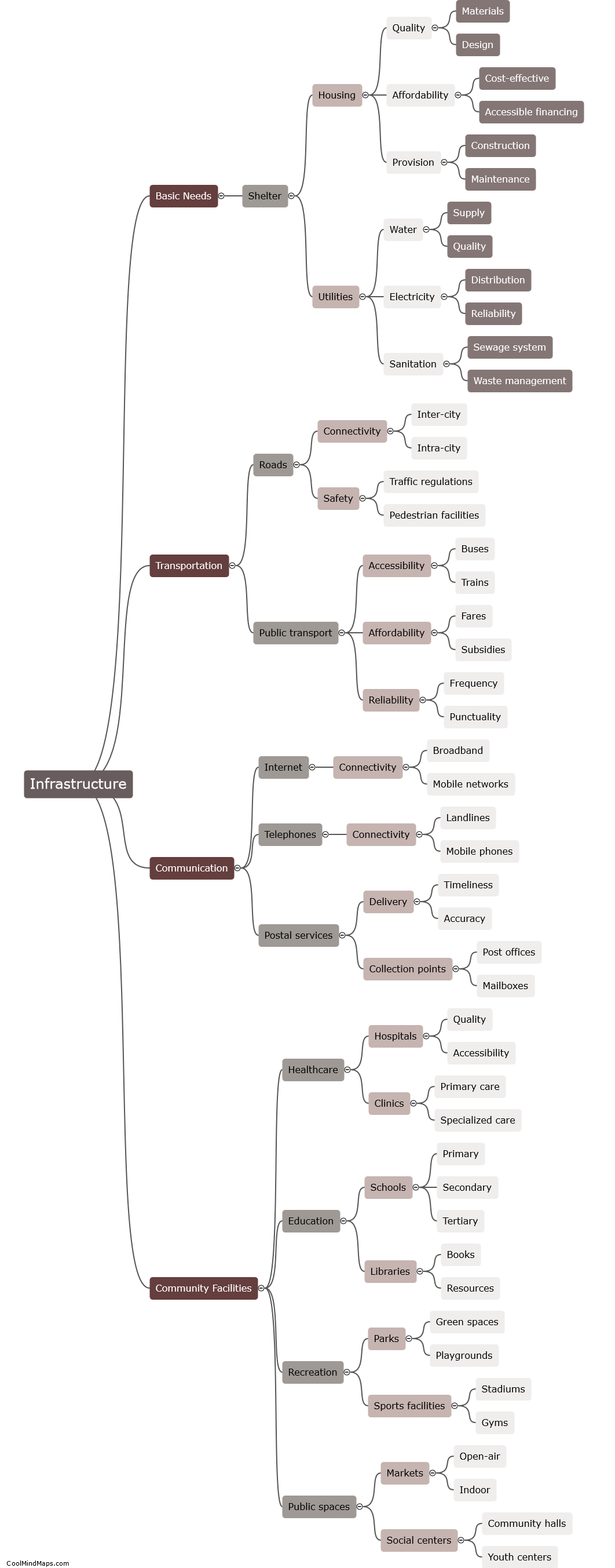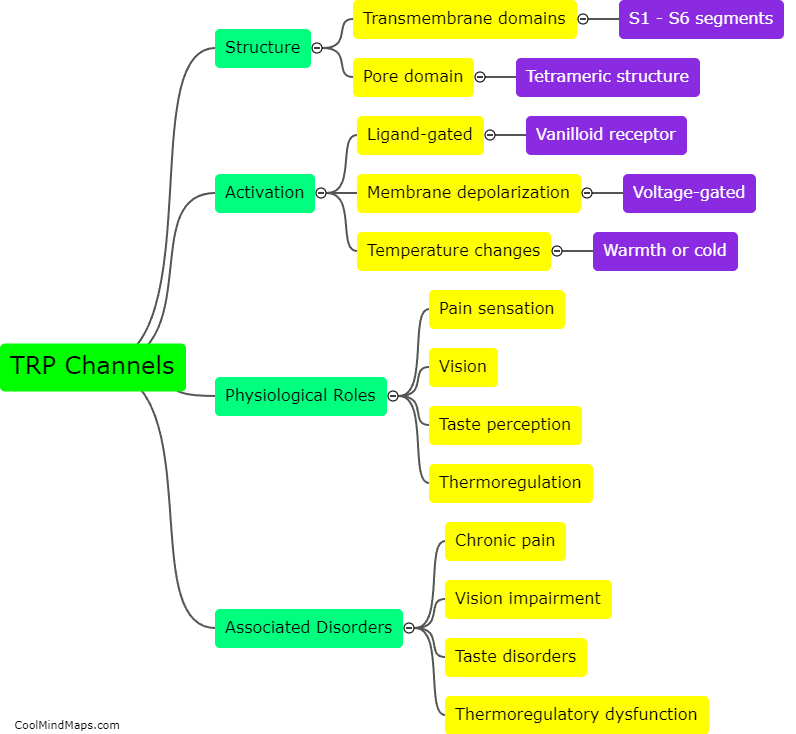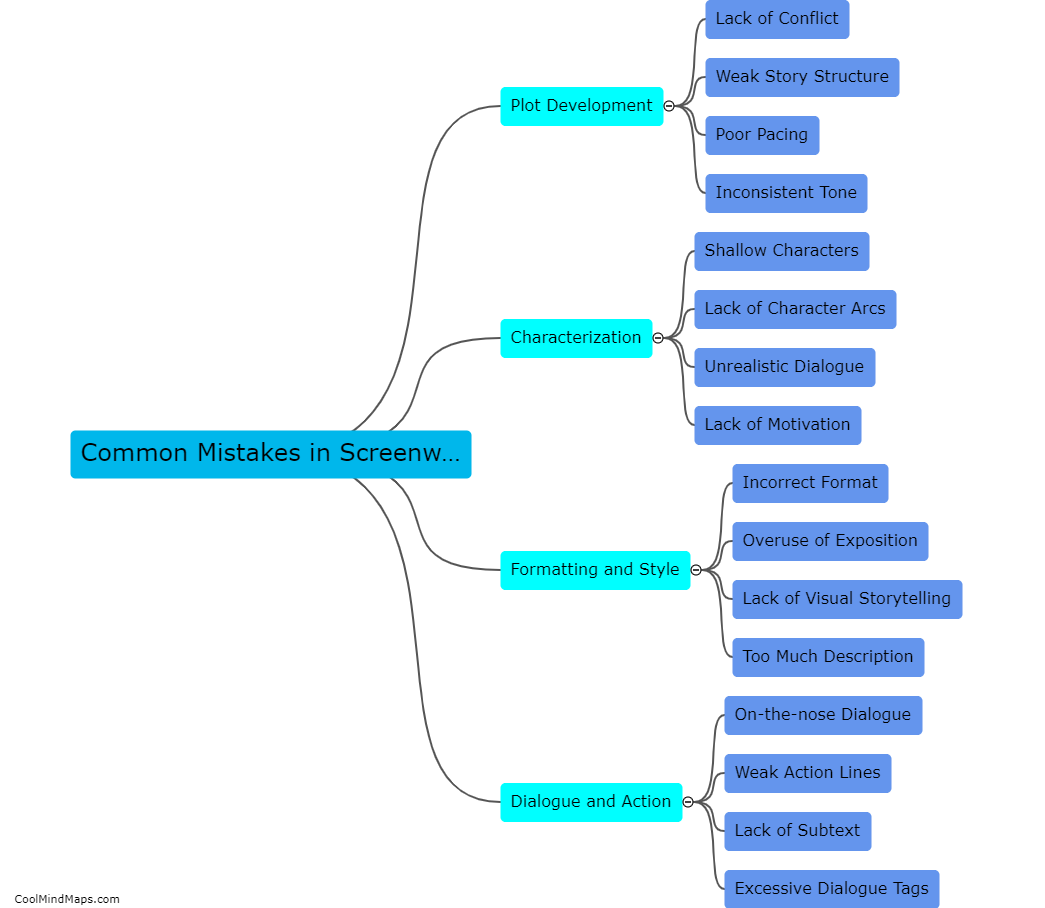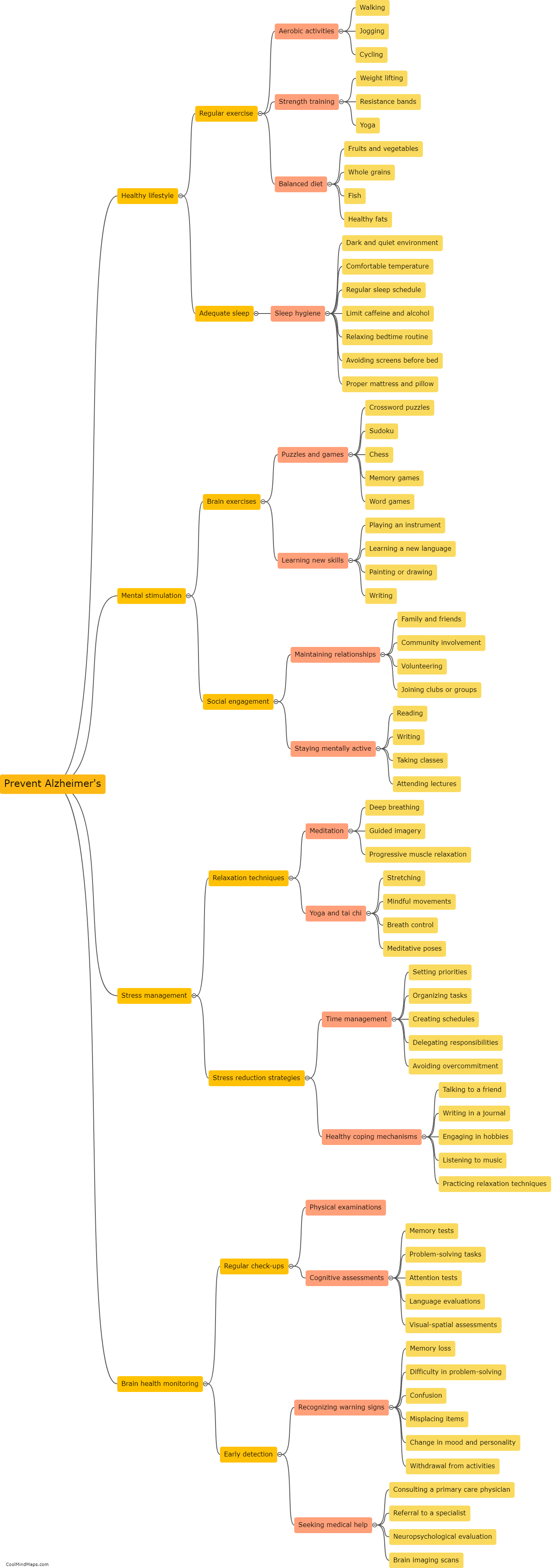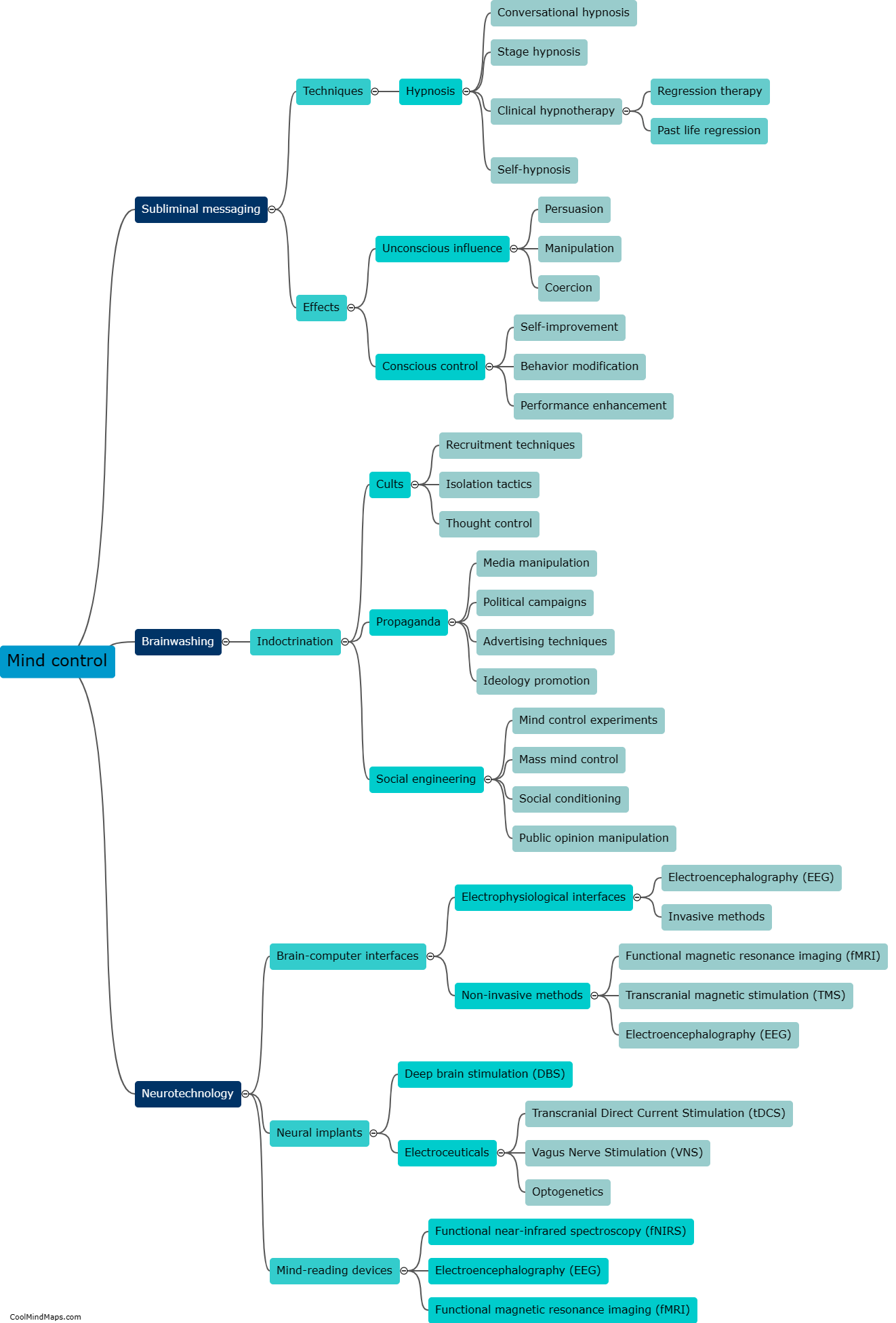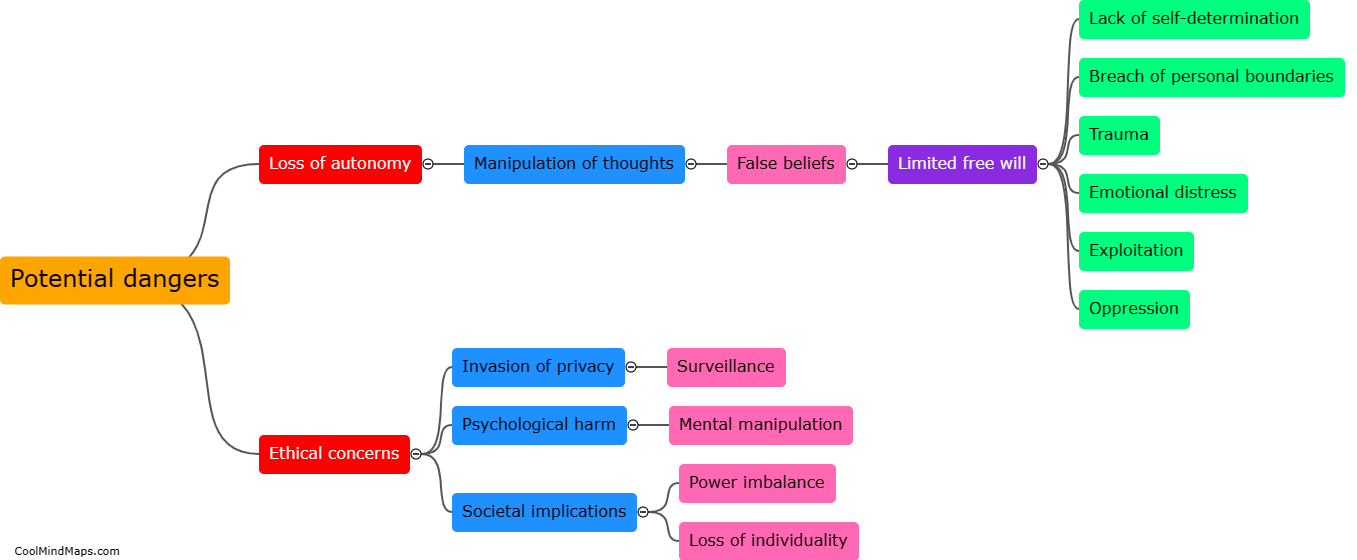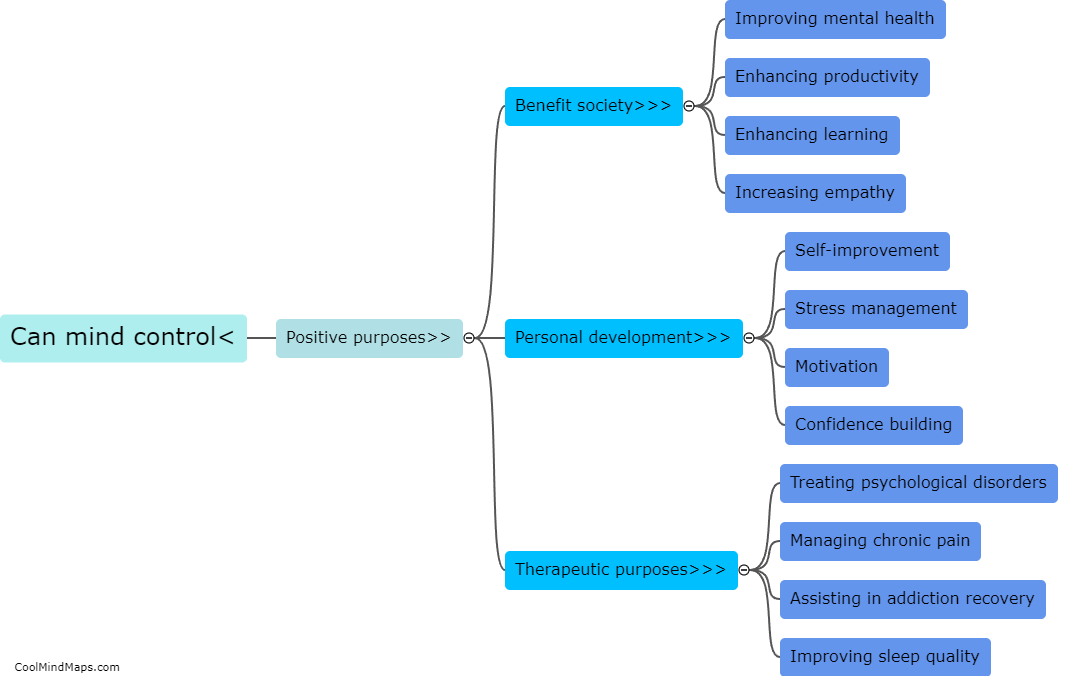What are the ethical implications of mind control?
Mind control, the ability to manipulate and control the thoughts, emotions, and actions of another person, raises profound ethical concerns. The profound violation of personal autonomy and free will that comes with mind control is at the heart of these implications. Ethically, it is essential to consider the consent and agency of individuals being subjected to mind control. The power imbalance and potential for abuse are significant, as mind control techniques can be used for nefarious purposes, such as coercion, manipulation, and exploitation. Additionally, privacy and the right to mental integrity are significant concerns; invading and altering someone's thoughts and emotions without their consent raises grave ethical questions. Overall, the ethical implications of mind control highlight the importance of safeguarding individual autonomy, informed consent, and the responsible and ethical use of technology in personal and societal realms.
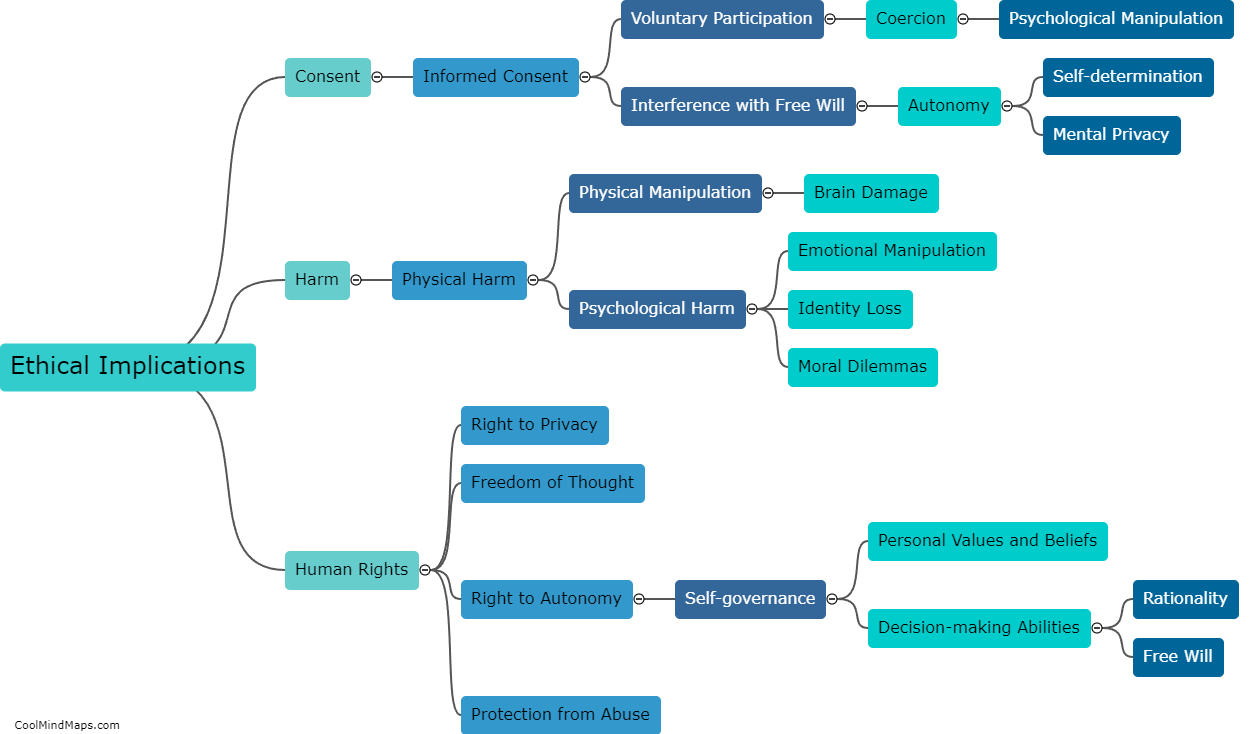
This mind map was published on 19 December 2023 and has been viewed 85 times.

